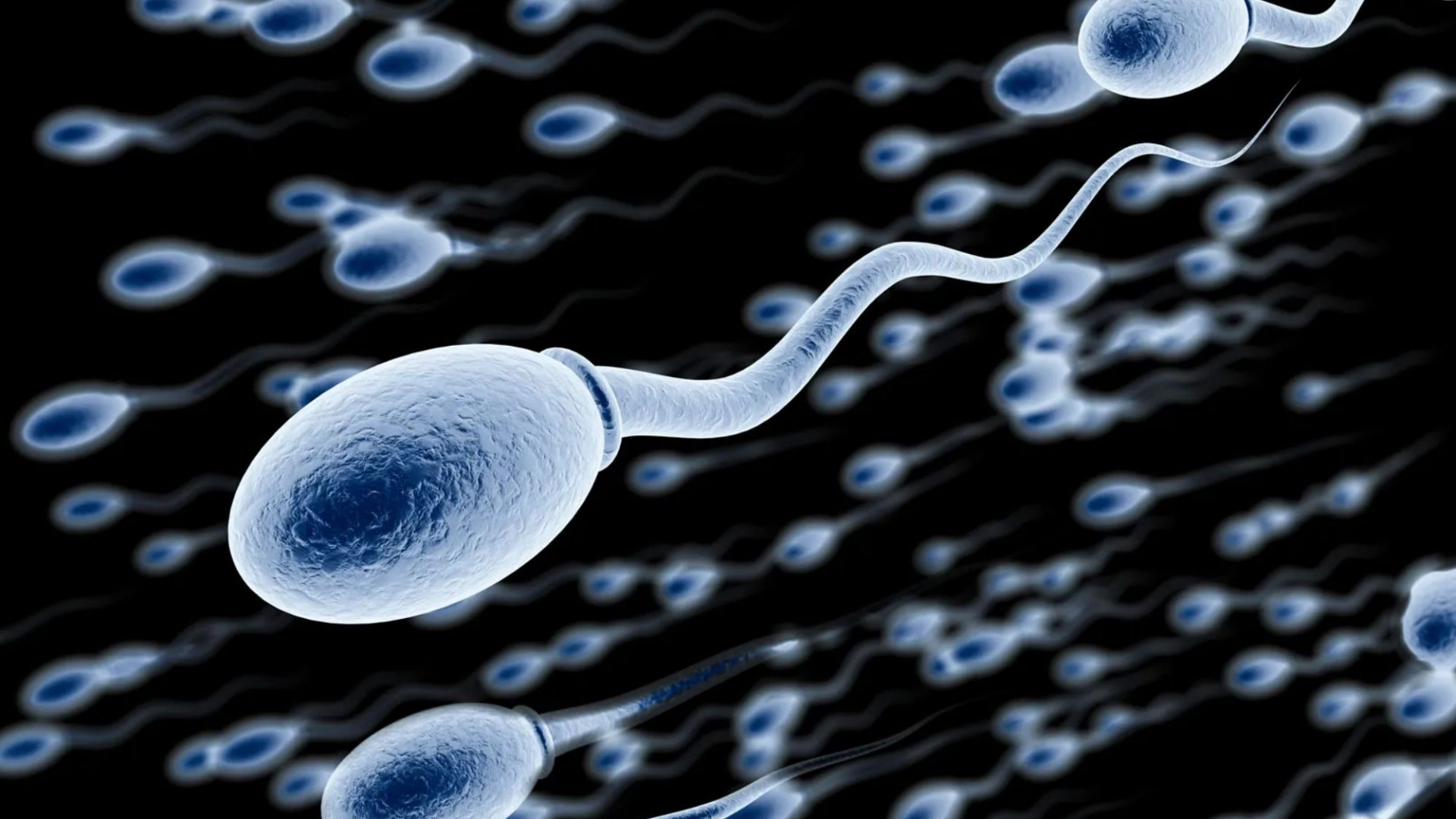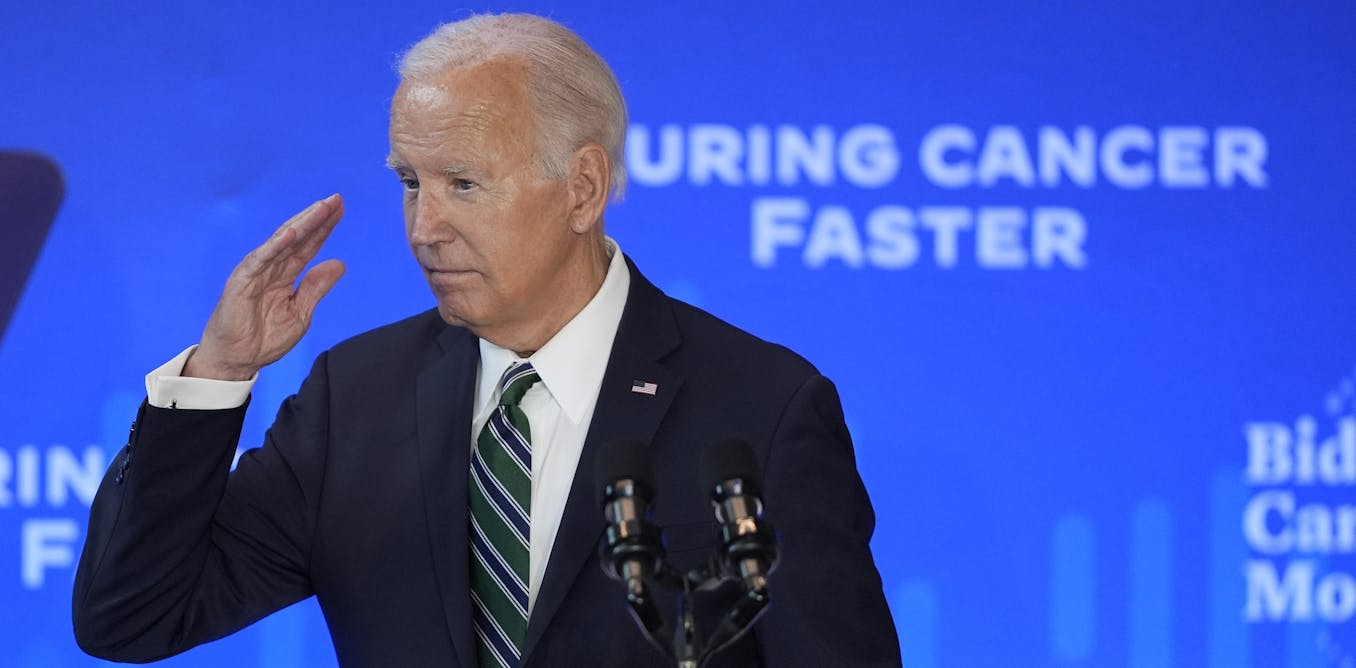SCIENTISTS have long believed human papillomavirus (HPV) – the most common STI – may be behind some cases of infertility.
Up until now, most research into HPV’s impact on fertility has focused on women.

2
But a new study, focussing on the disease’s impact on men, has found the high-risk strains – thought to be carried by one in five men – can also affect sperm quality.
The study, published in Frontiers in Cellular and Infection Microbiology, found that high-risk HPV can suppress the immune system in the male genital tract.
This could hinder the body’s ability to get rid of HPV, a process that usually takes up to a year after infection.
Scientists from the National University of Córdoba in Argentina believe this immunity-suppressing factor raises the risk of other diseases that may damage male fertility.
Study author, Professor Virginia Rivero said: “Individuals often have no symptoms or signs, yet still carry HPV in the male genital tract,”
HPV is sexually transmitted but because it doesn’t tend to cause symptoms or problems, most people don’t even know they have it. It is not considered an STI but a common virus that lives mostly harmlessly in the body for a short while.
There are about 200 strains of the disease, most of which are harmless and resolve on their own.
But some high-risk strains, including HPV16 and HPV18, can cause genital, cervical, head, neck, throat and mouth cancer.
According to a 2023 analysis published in The Lancet Global Health journal, 21 per cent of men aged 15 and over in the UK are infected with at least one high-risk strain.
This is equivalent to one in five men.
In the UK, a HPV vaccine, which protects against some of the risky forms of the disease, is offered to girls and boys aged 12 and 13 in school Year 8.
Girls have been offered the jab since 2008, while boys were added into the programme in 2019 in the hope that HPV-related cancer cases would fall dramatically in the future.
In her new study, Professor Virginia and her team studied the sperm samples of 205 men, none of whom had the HPV jab.
The men, who had an average age of 35, had all sought a fertility assessment or treatment for urinary tract problems from 2018 to 2021.
In this study, 39 of the men with fertility issues (19 per cent), tested positive for HPV.
The scientists were able to identify 20 men among them who had high-risk strains and seven men with low-risk HPV.
When they examined the semen closely they found clues suggesting how high-risk HPV strains might be influencing male infertility.
The men with high-risk HPV had a lower level of certain immune cells in their semen, suggesting the virus had hampered the body’s ability to fight it off.
Suppressing men’s immunity might also have raised the risk of other infections that could further reduce their ability to conceive.
There was also evidence that the sperm of the men with high-risk HPV were experiencing damage from what’s known as oxidative stress.
They experts said this could explain why these men had a higher level of dead sperm compared with those who didn’t have the virus.

2
VACCINE UPTAKE FALLING
Coverage of the HPV vaccine dropped last year, with 16.8 per cent of girls and 21.4 per cent of boys not immunised by the end of school Year 10.
In 2022, the proportion of unprotected was 13.5 per cent for girls and 18.5 per cent for boys.
The HPV vaccine can also prevent cancers of the throat, neck, head, penis, vagina and anus, which may all be caused by HPV.
Everything you need to know about the HPV vaccine
The HPV vaccine protects against some of the risky HPV types that can lead to genital warts and cancer.
Gardasil has been the HPV vaccine used in the NHS vaccination programme since 2012. It is protective against nine types of HPV.
For example it is effective against types 16 and 18 which cause around 80 per cent of cervical cancers in the UK.
That’s why it is important for people who have a cervix to still get a smear test when invited by the NHS.
Cervical cancer takes the lives of 854 people a year currently – but this is expected to continue decreasing thanks to the vaccine.
There are around 3,200 new cases of the devastating cancer a year, with peak incidence in women in their early 30s.
But the HPV vaccine doesn’t just prevent cervical cancer – it stops some anal, genital (vaginal and penile), mouth and throat (head and neck) cancers.
These affect both men and women.
Who should take it?
The first dose of the HPV vaccine is routinely offered to girls and boys aged 12 and 13 in school Year 8.
The second dose is offered 6 to 24 months after the 1st dose.
If a school child misses their doses, you can speak to the school jab team or GP surgery to book as soon as possible.
Anyone who missed their jab can get it up to their 25th birthday.
But people who have the first dose of the HPV vaccine at 15 years of age or above will need to have three doses of the vaccine because they do not respond as well to two doses as younger people do.
The HPV vaccine used to only be given to girls who are at risk of cervical cancer when they are older.
But in 2018, it was announced that boys – who can get HPV-related cancers of the head, nech, anal and genitals – would also be given a jab.
Girls indirectly protect boys against HPV related cancers and genital warts because girls will not pass HPV on to them.
But the programme was extended to further eliminate risk of the virus spreading in the future.
Men who have sex with men (gay and bisexual) do not benefit from this indirect protection, and so are also able to get the HPV vaccine up to the age of 45.
Some transgender people can also get the vaccine.
Those assigned female at birth would have gotten one as a child. But those assigned male at birth could get a jab if they transition to female and have sex with men.




